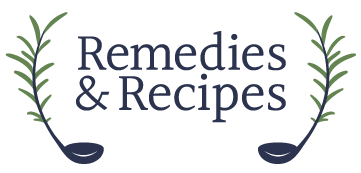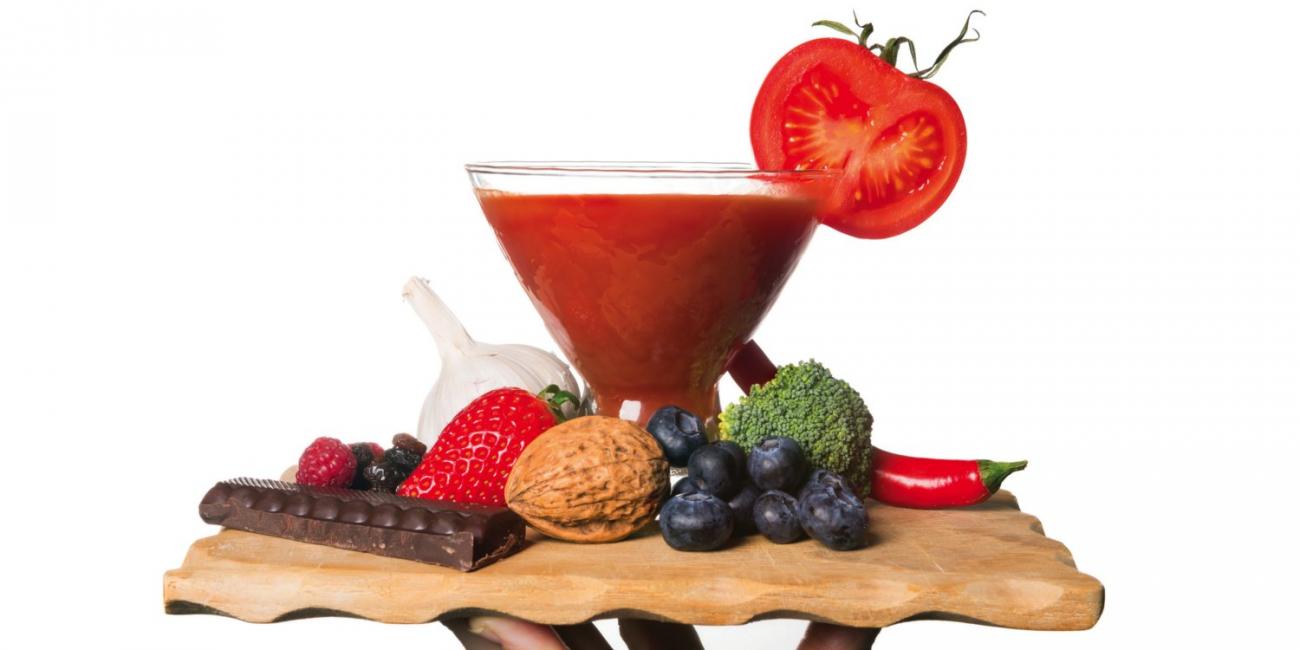Anti-Cancer Foods
Apples, berries, broccoli and more!
It’d be great if there was one easy diet we could all eat to eliminate cancer risk. Alas, it’s not that simple. No one food can prevent cancer. It turns out that it’s a combination of what you eat that matters.
Strong evidence shows that if you consume a diet high in a wide variety of plant items (fruits, vegetables, beans, whole grains), this is what can help lower the risk for many cancers. Plant foods offer protection by providing phytochemicals (natural plant compounds); antioxidants for repairing DNA and controlling the growth and spread of cancer cells; and vitamins and minerals for producing and repairing DNA and controlling cell growth. Plant foods also contain fiber, which may lower the risk of colon cancer.
And while studies show that many vitamins, minerals, and phytochemicals exhibit anti-cancer benefits, evidence suggests that it’s the effect of the compounds working together in a person’s overall diet that gives the best cancer protection. So the more colorful your plate of food, the better. The American Institute for Cancer Research recommends filling at least two-thirds of it with fruits, vegetables, whole grains, and beans. The remaining one-third can be lean poultry or seafood.
Protein from lean meats and seafood can be an important choice in an anti-cancer eating plan because of its satiating properties, which help you feel full longer. This is noteworthy because being overweight or obese is linked to an increased risk of colon, kidney, breast, esophageal, endometrial, and pancreatic cancers. Excess fat may also trigger inflammation through the body, and this seems to encourage cancer growth, according to Karen Collins, MS, RD, CDN, nutrition advisor for the American Institute for Cancer Research.
A Few Fighting Foods
Beans: Diets high in beans or lentils can help lower breast cancer recurrence in women.
Broccoli: The phytochemical sulforaphane in this cruciferous veggie appears to slow the growth of leukemia and melanoma.
Brown Rice: A great source of fiber, this whole grain may protect premenopausal women against breast cancer―especially those that are overweight. Whole grain rice fiber may also help reduce colon cancer risk.
Cabbage: Extremely high in anticancer phytochemicals, one of which (indole-3-carbinol) nearly doubles the speed in which the liver can break down estrogen so it doesn’t remain in the body.
Dark Chocolate: This healthy treat is rich in flavonoids, which have chemoprotective effects. The darker the chocolate, the better. It has four times the amount of antioxidants found in tea.
Chicken: Organic, free-range birds are good sources of selenium and niacin, both of which have cancer-preventive qualities.
Leeks: Just like garlic and onions, this vegetable is linked to a reduced risk of prostate and colon cancers.
Mushrooms: Shiitake, maitake, and reishi mushrooms all appear to boost the body’s immune system, which can make it potentially more resistant to cancer.
“AICR’s Foods That Fight Cancer,” American Institute for Cancer Research, www.aicr.org, 4/3/14
The Cancer-Fighting Kitchen by Rebecca Katz with Mat Edelson ($32.50, Celestial Arts, 2009)
“Expert Q&A: The Anti-Cancer Diet . . .” by R. Morgan Griffin, www.WebMD.com
Kicking Cancer in the Kitchen by Annette Ramke and Kendall Scott ($22, Running Press, 2012)

